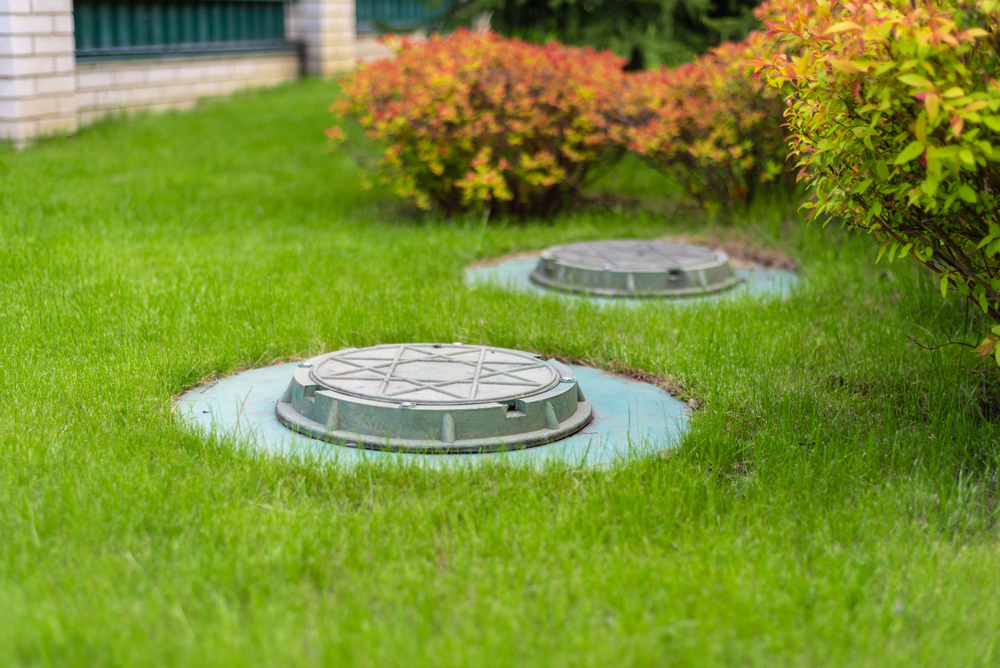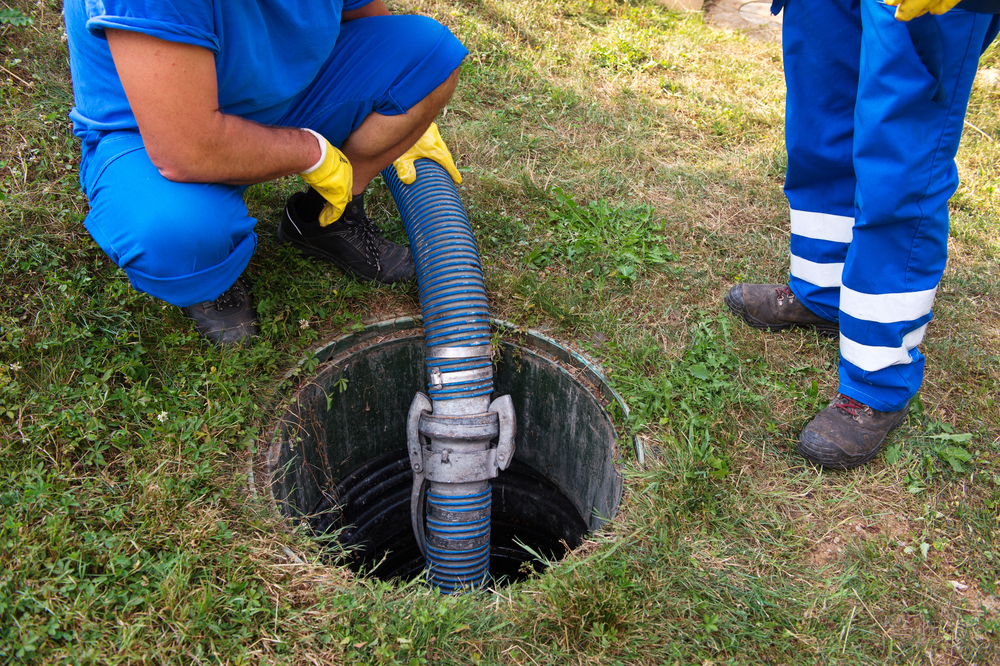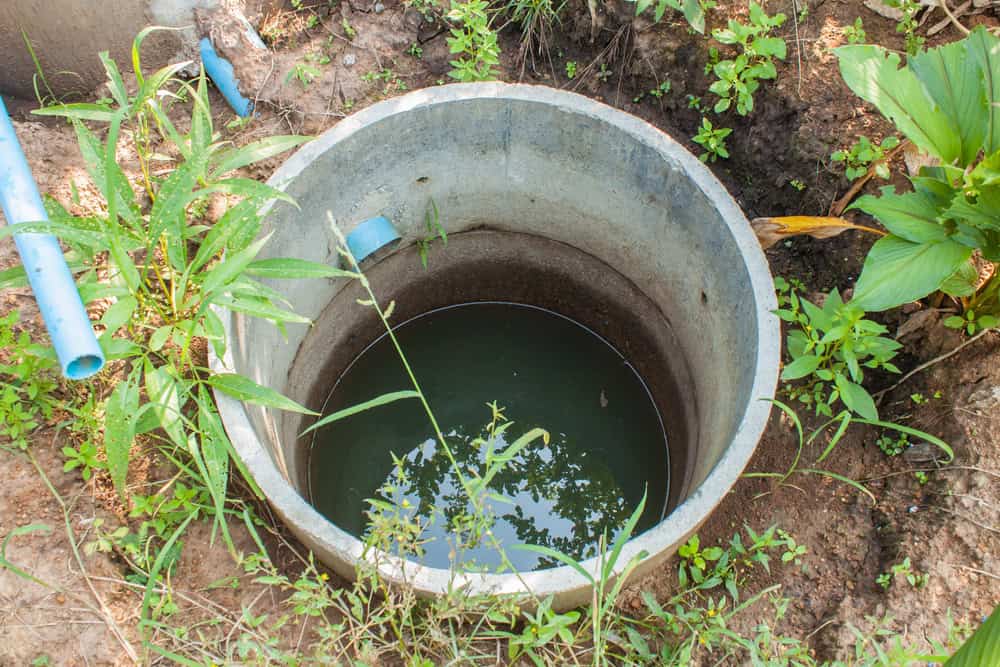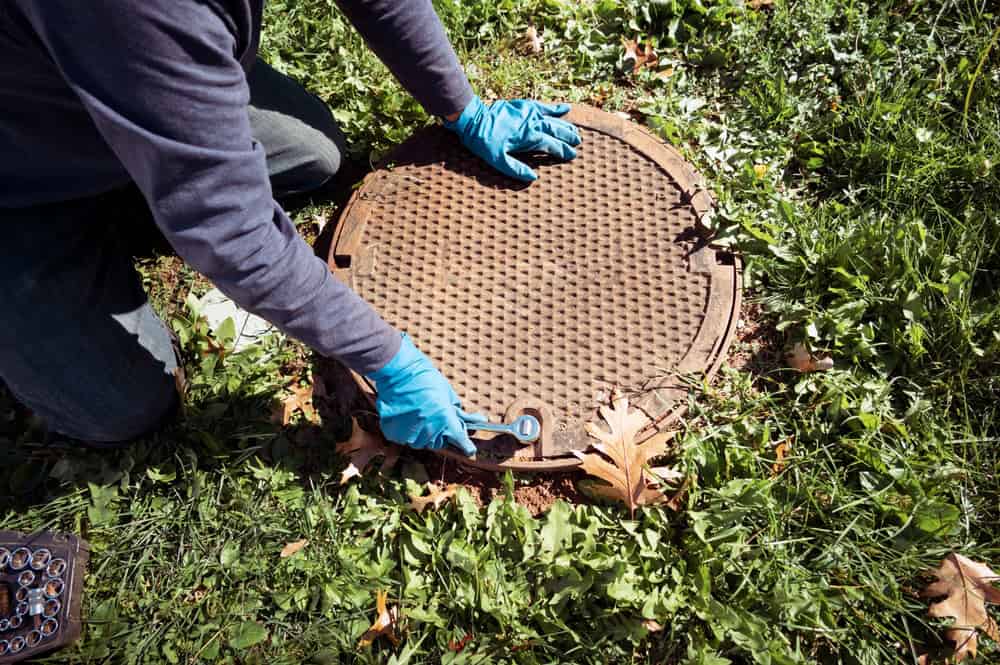Choosing the Best System for Your Property: What You Need to Know
The Basics: What are Septic Tanks and Cesspools?
In many homes, especially those not connected to municipal sewage systems, efficient wastewater management is crucial. Septic tanks and cesspools both play integral roles in this process, though they function differently. A septic tank is a chamber, often made of concrete, fiberglass, or plastic, designed to allow domestic wastewater to flow through it for preliminary treatment.
On the flip side, a cesspool acts as a watertight underground chamber, serving as a storage unit for sewage with no treatment. Depending on the homeowner’s preference, the layout of the property, and local guidelines, one might choose one system over the other.
Key Differences Between Septic Tanks and Cesspools
At a glance, septic tanks and cesspools might seem similar as they both deal with sewage. However, delving deeper, their operational methodologies vary significantly. Septic tanks primarily separate solids from liquids. The liquid effluent then gets channeled into a leach field, undergoing natural treatment.
Contrastingly, cesspools take a more direct approach, simply storing the waste. It remains in the chamber until a professional service pumps it out. Factors such as space requirements, lifespan, and environmental implications further differentiate the two systems.


Maintenance Needs for Septic Tanks
Septic tanks, while efficient, demand regular upkeep to maximize their lifespan and functionality. One fundamental aspect of septic tank maintenance is periodic inspections. Trusted professionals, like those at Quality Cesspool, often suggest homeowners opt for an inspection every 3-5 years.
Pumping out solid wastes is another essential maintenance step. Depending on the number of inhabitants and the tank’s usage frequency, homeowners might need to schedule pumping sessions every 3-5 years. Beyond this, it’s wise to use chemicals sparingly and ensure the drain field remains undisturbed.
Maintenance Needs for Cesspools
Cesspools come with their unique set of maintenance requirements. Given that cesspools do not offer any waste treatment, they demand more frequent inspections than their septic counterparts. Regular checks can ensure that they function correctly without posing any health hazards.
However, the primary maintenance task for cesspools is pumping. Due to their design, cesspools usually require pumping every 1-2 years, based on the usage. Homeowners should also be cautious about what goes down the drain, refraining from flushing non-biodegradable items. Additionally, mindful landscaping plays a pivotal role in preventing damage from tree roots.
Environmental Considerations
As the world gravitates towards sustainable living, the environmental impact of wastewater management systems can’t be overlooked. Septic tanks, due to their inherent design to offer a level of treatment to the waste, tend to be more eco-friendly, causing a reduced environmental footprint.
However, cesspools, given their basic structure, pose certain risks. If not monitored and maintained correctly, cesspools can lead to soil and groundwater contamination. Opting for routine maintenance checks, preferably by experienced professionals like those at Quality Cesspool, can negate such adverse impacts.
Making the Right Choice: Septic or Cesspool?
Selecting between a septic tank and a cesspool goes beyond personal preference. Factors such as the size of the property, local regulations, and a homeowner’s inclination towards eco-friendly solutions play a pivotal role in the decision-making process. It’s essential to weigh the pros and cons of both systems before making an informed choice.
Whatever the decision, one thing remains constant: the importance of regular maintenance. Entrusting this responsibility to seasoned professionals ensures that your chosen system operates at peak efficiency. Companies like Quality Cesspool provide the expertise and experience needed to guide homeowners, making wastewater management a hassle-free experience.



